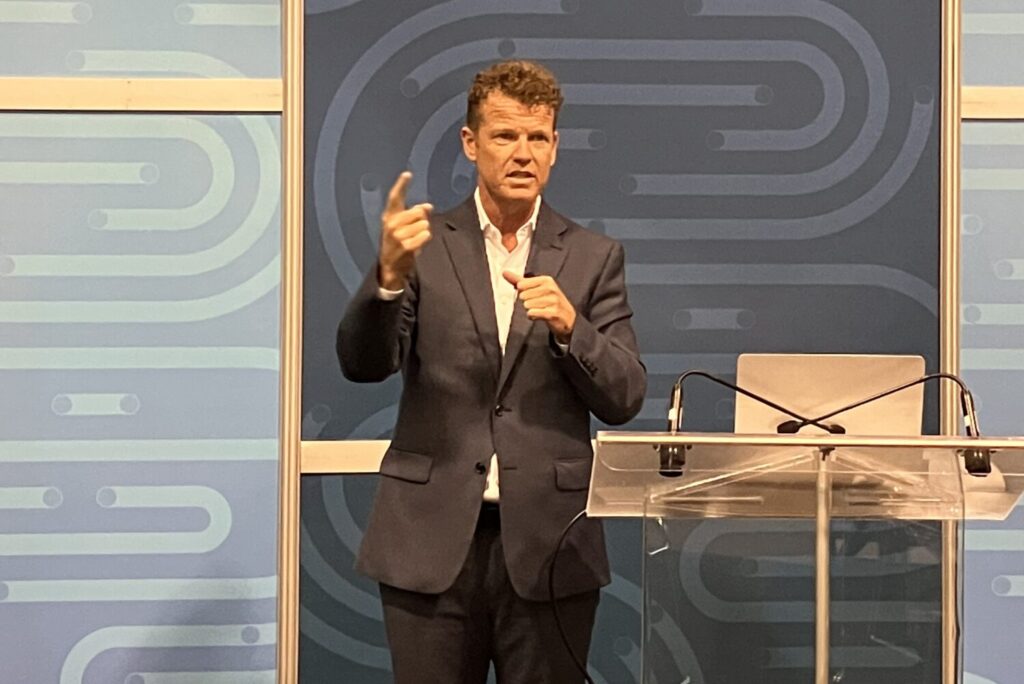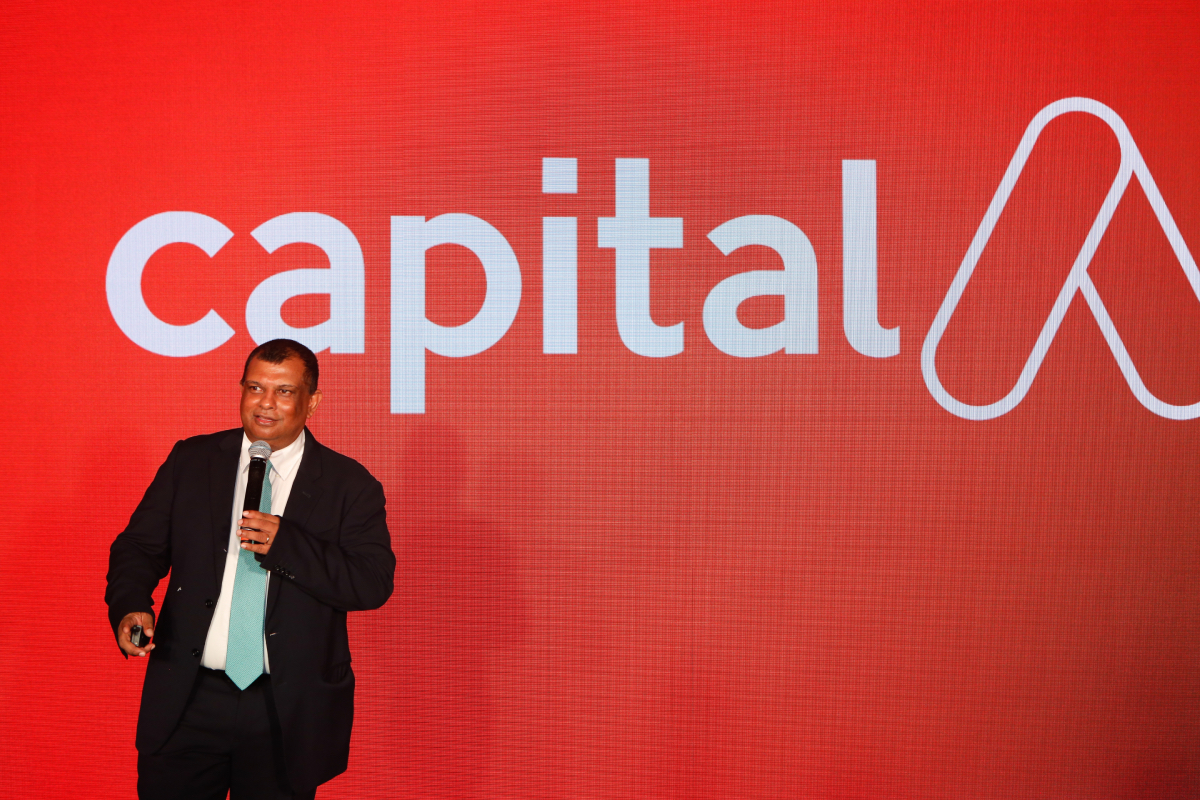5 Ways AI Will Boost Travel: “More With Less,” Says Microsoft Exec

Skift Take
Microsoft is working with more than 3,000 companies to explore ways they can implement generative AI into their businesses.
That includes several applications in the travel industry, as highlighted during a presentation at HITEC in Toronto by Shane O’Flaherty, the global director of Microsoft’s travel, transportation and hospitality division.
“We’re working with thousands of companies around the world. So It’s here, it’s here to stay,” O’Flaherty said. “Everything we’re doing is focused on driving operational efficiency and allowing them to do more with less.”

A big ongoing partner is Amadeus, the global distribution and travel software company, which is now exploring how generative AI could be integrated into its tech products for the travel industry, according to Michael Yeomans, the company’s senior vice president of business intelligence and data solutions.
“Microsoft wants to invest in travel, but they want to do that through Amadeus Group, so that’s very exciting for us, which gives us access to the latest cutting-edge technology,” Yeomans said. “And it means we can then look at building out on top of that instead of looking to say, ‘How do we build that?’”
Microsoft was an early investor in OpenAI, and that means Microsoft has exclusive access to the company whose tech powers ChatGPT.
O’Flaherty highlighted potential uses for the travel industry that stand out to him. “We’re seeing a lot of unique use cases in the marketplace using generative AI today, and every day they come around the corner,” O’Flaherty said.
1. Your own AI Assistant
One long-term goal for AI is that travelers will basically have a virtual travel agent with them at all times, one that can guide them from pre-planning all the way to post-trip. For that concept to work seamlessly, however, every company throughout that process will have to be able to access customer data and share aspects of it with each other.
“As I arrive at a hotel, ultimately, I will have my own AI assistant, and then the brand will have their own AI assistant. And those two will be talking to ensure that I have a better journey throughout the whole process,” O’Flaherty said.
2. Predicting Flight Delays
One potential innovation in the airline industry has to do with generative AI predicting flight delays based on communications between flight staff.
The idea is that AI could monitor chats between staff working on individual flights. If there is anything in the conversation that signals a flight may be delayed, the AI could determine how future flights may be affected. It could then alert staff at an operations center so they can take action.
As the industry sees on a regular basis, one flight delay or cancellation can have a ripple effect, so having real-time information can make a big difference.
“If you can think from an operation center of an airline, if you can give me 15 more minutes back on that flight to make a better decision — and then the cascading effect of that drives tremendous operational efficiencies,” O’Flaherty said.
3. Customer Service Chatbots
As the big online travel agencies have implemented generative AI chatbots, hotels want to release similar tools to help with customer service and more.
If a chatbot on a hotel’s website cannot answer a customer’s question, it would go to a live agent who would answer the question, as it does now. With the latest AI developments, it could “listen” to that dialogue and then be able to answer that question next time it comes up.
“So, it’s always learning using this deep learning type of processing,” O’Flaherty said.
4. Customer Message Summaries
There are products in development meant to listen to a phone call and then generate a summarization of the issue, saving a staff person from having to listen to a potentially long phone call. If a hotel clerk has 20 voicemails to address, for example, that could save a lot of time.
A summarization tool could also be useful for companies, like large hotel chains, that have to read through thousands of pages of contracts from business partners. A generative AI tool could “read” the contracts and then be equipped to answer questions about them.
5. Hotels Sales Emails
As generative AI can summarize an incoming message, it can also draft a response. With proper access to a hotel’s schedule, an AI-enable tool could view that information and then answer an email about available dates and pricing at the property.
“Essentially, what we’re saying is your copilot will get you 70% of the way there to respond to that email from a sales perspective,” O’Flaherty said. “ChatGPT can do all of that as an embed into the products and services that you have, driving more productivity.”





